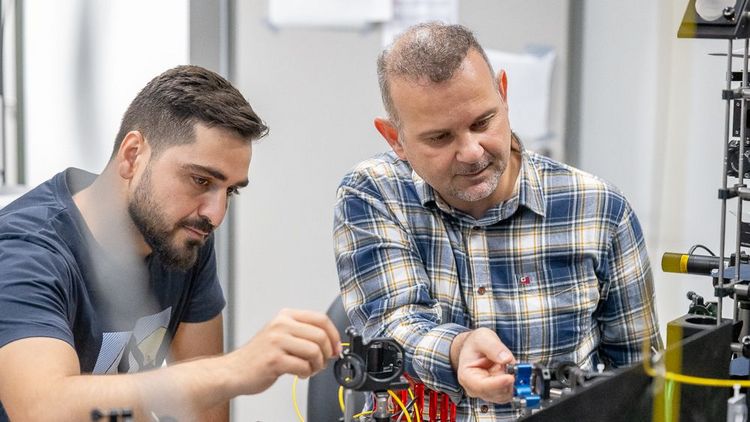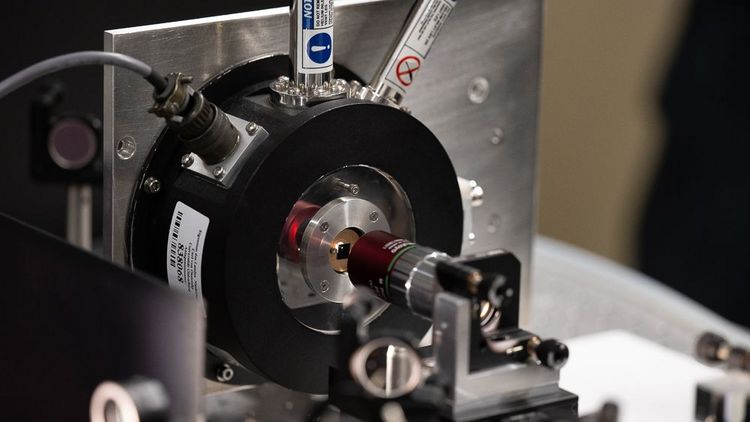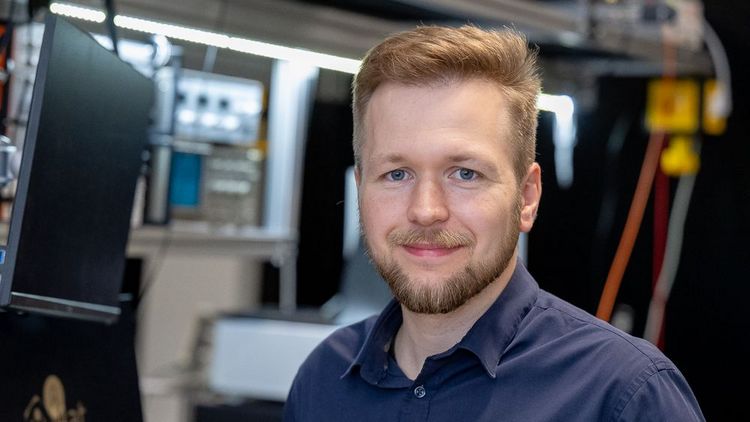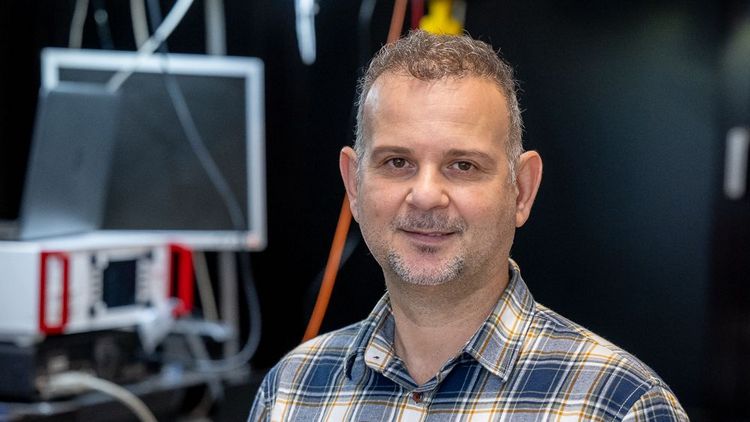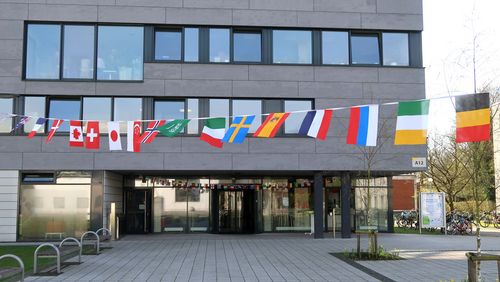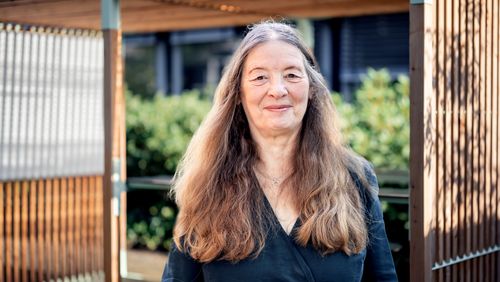How to design experiments for students based on current research in physics? In a joint project, Oldenburg researchers are helping a team from the University of Zakho in Iraq to develop new concepts.
Two-dimensional materials, femtosecond lasers and complex quantum mechanical calculations –these are the kind of topics that Oldenburg students taking a master’s degree in physics grapple with in their laboratory practicals. “The experiments in these practicals are based on the research questions which the various research groups at the institute are working on,” explains Dr Martin Esmann of the University’s Institute of Physics , who is supervising one of the experiments this winter semester. There is a big emphasis on linking research and teaching in Oldenburg since this is one of the best ways to get students interested in research, he adds.
Research-based practical experiments will soon be on the agenda at the University of Zakho, located in northern Iraq in the autonomous region of Kurdistan, near the border with Turkey. “Up to now, lectures have been the main component of our master’s degree programme. Students have little contact with research and don’t do any experiments,” reports Dr Diyar Sadiq, an assistant professor at the University of Zakho. Sadiq lived in Germany from 2001 to 2013 and during that period completed his doctorate in the field of nano-optics in the working group led by Prof. Dr. Christoph Lienau.
This August and September, Sadiq and two colleagues spent six weeks at the University of Oldenburg observing various experiments in the advanced lab course. Together with Oldenburg researchers they discussed ways to incorporate their university’s physics research topics into a lab practical there. "In a pilot project we developed an experiment which we will soon test at home," he explains.
Close connection since 2014
The academics’ visit to Oldenburg was part of the Nano-Optics Labcourse Exchange Zakho/Oldenburg programme, or XLab Zakho/OL for short. The German Academic Exchange Service (DAAD) is providing 300,000 euros in funding for the programme over a three-year period. This is already the third joint project between the physics institutes of the Universities of Oldenburg and Zakho. The foundation for their long-standing collaboration was laid when Esmann and Sadiq did their doctorates together in Professor Lienau’s research group. “There has been a close connection between our universities since 2014,” says Esmann, who is the driving force behind the collaboration on the Oldenburg side. “This is a project I really care about and which gives me a lot of joy,” he adds.
Sadiq initiated the collaboration after returning to his home country in 2013. As a well-educated academic he considers it his duty to contribute to the reconstruction of the region, where much remains in ruins several years after the invasion by the terrorist Islamic State. According to Sadiq, the international collaboration has already brought many benefits.
Focus on joint research
The first two projects focused on joint research. Between 2014 and 2018 more than 15 Iraqi students, doctoral candidates and lecturers came to Oldenburg for research stays during which they learned to use cutting-edge research instruments and took part in summer schools and joint research projects. During this period Sadiq set up a research centre for nanophysics at his own university, with support from Oldenburg. He is now the centre’s academic director and the researchers there focus on topics such as applied optics, laser technology and nano-optics, with the aim of developing applications for photovoltaics, heat management and medicine.
In the current collaboration the focus is advancing teaching in Iraq – at the University of Zakho as well as at local secondary schools. “Our education system is not bad, but it’s not yet up to international standards,” says Sadiq. Both the Kurdish regional government and the university itself are very keen to catch up, and therefore support the programme, he notes.
The current project consists of three components: first of all, the Oldenburg researchers are helping their partners from Zakho to integrate modern teaching methods for experimental physics, and in particular research-based lab practicals, into their curriculums. The second goal is to design physics experiments for a school lab based at the University of Zakho which would function as an extracurricular learning centre. “We want to use the extensive pedagogical and didactic expertise of the University of Oldenburg for this,” Sadiq explains. The third component is joint courses, including online seminars that are open to Iraqi students, as well as summer schools and a research seminar for master’s degree students. To promote equal opportunities, fifty percent of the Iraqi participants are to be women. Three research groups based at the Oldenburg Institute of Physics – the Quantum Materials group led by Prof. Dr. Christian Schneider, Ultrafast Nano-Optics led by Prof. Dr. Christoph Lienau and Didactics of Physics led by Prof. Dr. Michael Komorek – are taking part in the exchange.
Returning home full of enthusiasm
Martin Esmann sees the focus on teaching as a logical continuation: “In the first two projects we observed that joint workshops and seminars were particularly productive.” Presenting and discussing research findings, and building networks in the process, was a great motivation for the participants from Iraq, he notes. “They returned to their home country brimming with enthusiasm, and many are now engaged in research on current topics," says the researcher, adding that some are also teaching at schools.
The Iraqi partners also hope that the collaboration will help to bring their region forwards in the long term. “We want to make the University of Zakho a driving force for innovation in science courses,” says Sadiq. He is convinced that many more people than just those who directly participate in the project will benefit. “Our students see how research is done here, how problems are solved, and how to deal with not understanding something. This gives them new perspectives which they pass on once they return home.”
This article was first published in German in the October issue of the university newspaper UNI INFO.



